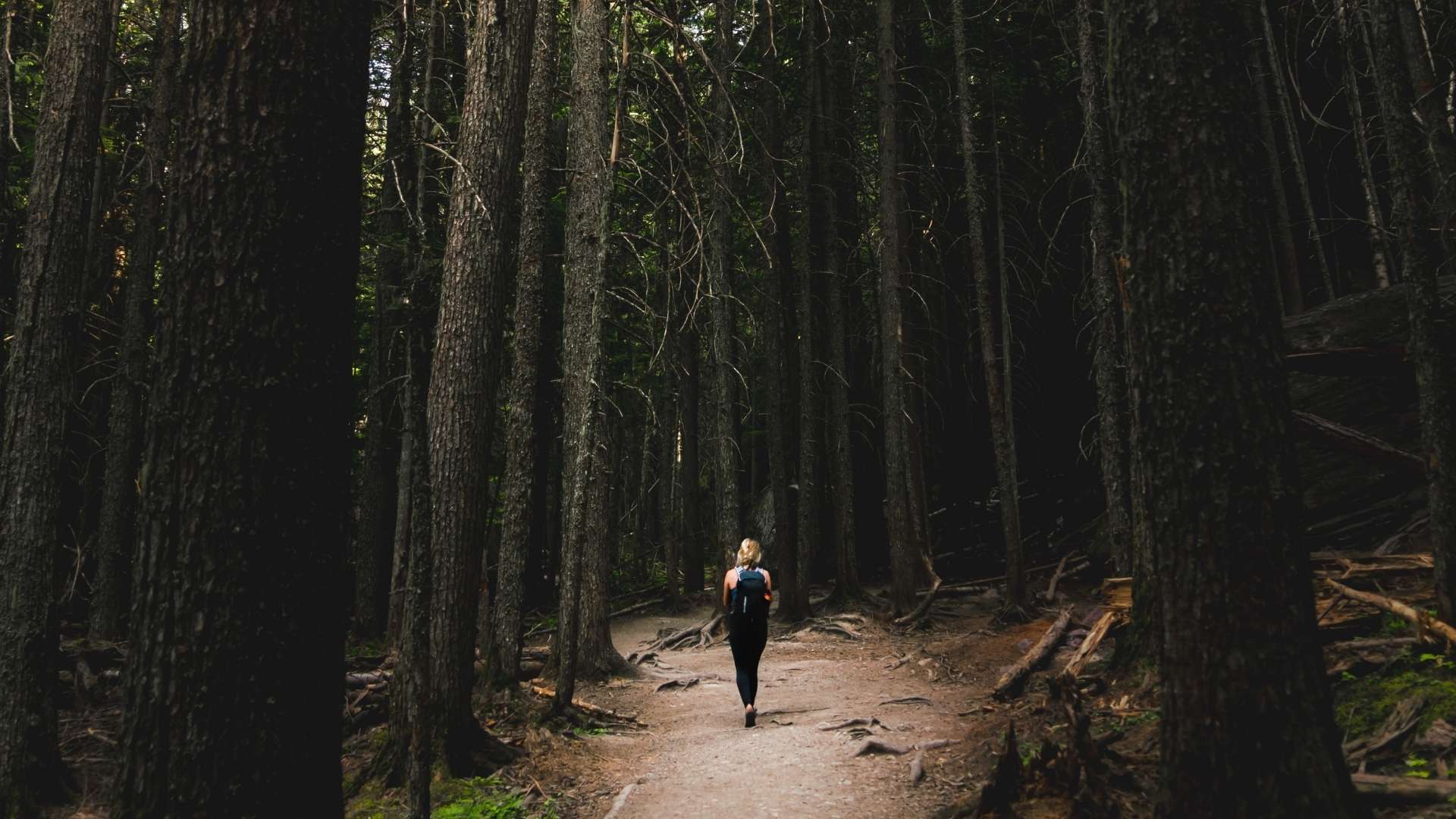
It’s Good to Walk – Nature and Mental Health
Psalm 96: 12:
Let the fields be jubilant, and everything in them; let all the trees of the forest sing for joy.
To be honest, my initial reaction to ‘nature’ being the theme of Mental Health Awareness Week 2021 was that perhaps we were starting to scrape the barrel when it comes to topics. I wasn’t quite sure how much there would be to say about nature and its links to mental health.
However, on reflection, it seems to be a very apt theme given the amount of time we have spent in lockdown over the past year and the value I’m sure most of us place on being able to get outside! As someone who loves running outdoors as a way of relieving stress and has never enjoyed a run on a treadmill, my initial reaction fills me with embarrassment.
We know that one of the ways of combating stress is to develop and sustain healthy habits that replenish and rejuvenate us. Being outside and interacting with nature is one such way. It gives us an opportunity to escape from the stressful demands of daily life, appreciate our surroundings and connect with our environment. This is all the more important given the vast amount of time people have been spending working from home/interacting with the outside world on Zoom.
One of the highlights of a short family break in the Summer of 2020 after a long stretch at work was a blackberry picking walk, which ultimately yielded a good supply of delicious jam. For others, that special feeling comes from preparing a picnic and enjoying it outdoors, rambling in the countryside or their local park, camping or simply star-gazing.
There is some evidence that nature may have a positive effect on our mental wellbeing. In one study higher levels of neighbourhood green space were associated with significantly lower levels of depressive symptoms (Beyer et al, 2014), whilst it has been shown that the sounds of nature such as wind, water, and animals, are preferred over sounds such as traffic, recreational noise, and industrial noise (Yang & Kang, 2005).
Gardening and horticultural groups have been established for some time across the health and social care sector, as a way of helping people with mental health conditions to develop new skills within a community setting.
There are many ways in which we can stimulate our five senses outdoors and engage with nature in creative ways. If you are lost for ideas, the website of the mental health charity Mind (mind.org.uk) (mentalhealth.org.uk) may give you some thoughts.
Dr Chi-Chi Obuaya is a Consultant Psychiatrist working in the NHS and in independent practice, as well as a Mind & Soul Foundation Director
References:
Beyer et al (2014). Exposure to Neighborhood Green Space and Mental Health: Evidence from the Survey of the Health of Wisconsin. Int J Environ Res Public Health 2014 Mar; 11(3): 3453–3472.
Yang W., Kang J. (2005) Soundscapes and sound preferences in urban squares: A case study in Sheffield. J. Urban Design. 2005;10:61–80. doi: 10.1080/13574800500062395
Dr Chi-Chi Obuaya, 12/05/2021